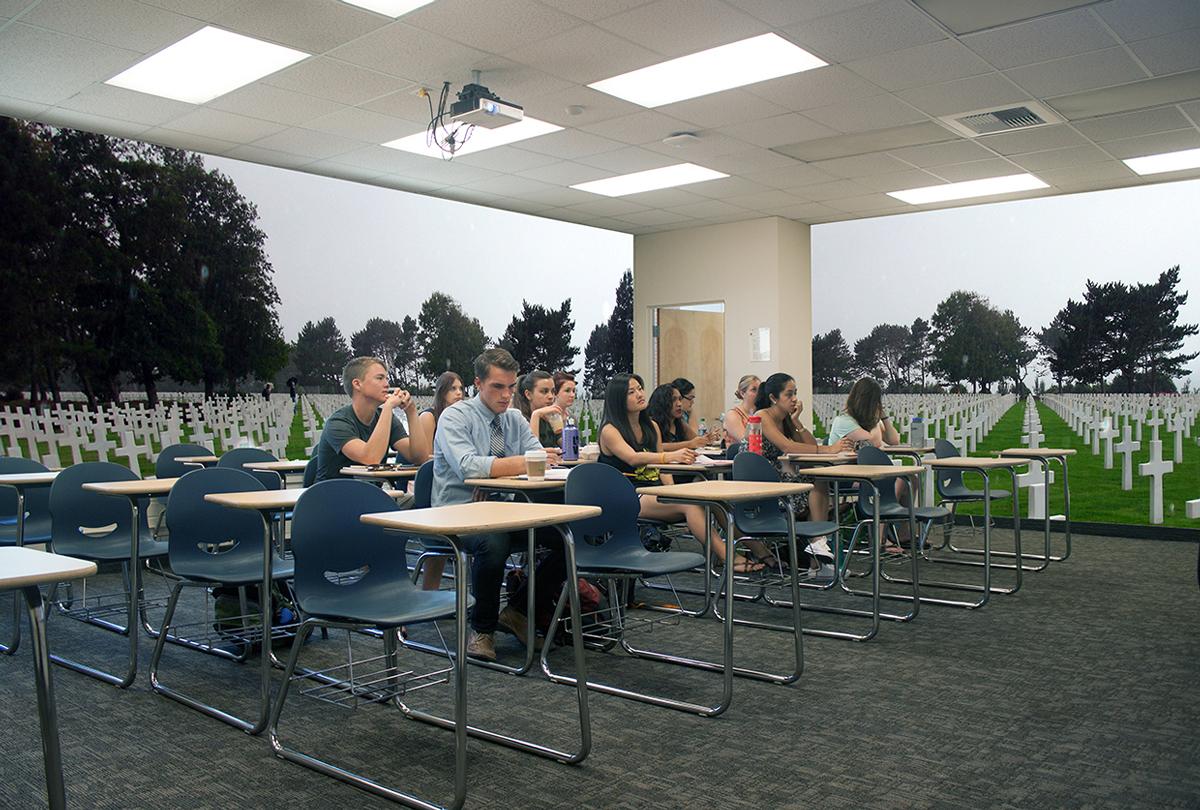Young adults are writing their wills, obituaries, picking out their tombstones and witnessing the embalming of dead bodies, all while still attending college. Students across the country enroll in death education classes in order to learn how to plan for death. This trend amongst college students started in the 70s when universities first introduced the topic of death among society. Since then, death education classes have remained popular in the universities offering the classes. However, they have been put in the spotlight recently as a result of published articles about them in prestige newspapers and journals. The classes prepare them spiritually, emotionally and physically for their inevitable demise.
QUESTIONING DEATH EDUCATION
Professor Emeritus William Worden who teaches at Rosemead Graduate School of Professional Psychology at Biola, is a founding member of the Association of Death Education and Counseling. Members of ADEC range from medical personnel to educators interested in the topic of death education. Worden created ADEC to bring those interested in the field of death together. During the thirty years Worden served on Harvard Medical School’s faculty, Worden created a class for second-year medical students in 1974 called “Working with Dying Patients and their Families.” The class provided students with opportunities to interview and counsel dying patients and their families, as the students looked into their own mortality.
“The reason these courses originated is that back in the 60s, people were not really talking about death and dying,” Worden said.
Worden explained death education’s rise to popularity during the seventies, making it nothing new in today’s collegiate education. Recently death education classes have been brought into light due to articles in “The Wall Street Journal” and other news organizations.
“The whole point of education is curiosity, so it addresses the curiosity that students bring to the topic,” Worden said.
Professor Kathy Black from the University of South Florida Sarasota-Manatee teaches her favorite class, called “Death and Dying” class, once a year for fifteen weeks.
Covering topics such as the process of dying, suicide, death of spouses, coping with loss and beliefs in the afterlife, “Death and Dying” has become one of the most popular classes at the University of South Florida Sarasota-Manatee.
“It helps put death into perspective, as a natural part of life,” Black said.
As part of the course, Black plans a field trip to a funeral home where her students learn about the cost and selection of the funeral process
Students from all different backgrounds, majors and religions enroll in Black’s “Death and Dying” class, as she prepares them for the transition to the end of life.
At the University of Wisconsin-Green Bay, Professor Illene Cupit approached her department chair in 1984 to propose her class “Death, Dying and Loss,” After much debating, the class finally became official and during the first week of enrollment, the class over enrolled.
“I felt that it was really important that college students also learn about this because we are a very ignorant country when it comes to end of life issues,” Cupit said.
NEGLECTING THE SUBJECT OF DEATH
While other universities engage in the conversation of death and preparing students for it, Biola students believe that the university could do more to initiate further education on the topic.
Samantha Farrar, freshman nursing major, agrees on learning the importance of death preparation.
“I think a lot of people’s spiritual beliefs are based on afterlife and when you die,” Farrar said.
Stephanie Chan, freshman kinesiology major, said Biola does not engage in the topic of death. If Biola offered a death education course, Chan would enroll in it.
“I know if they make it a class it would not be to scare [students] but to educate them,” Chan said.







